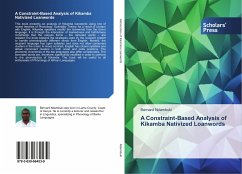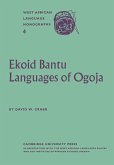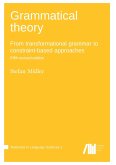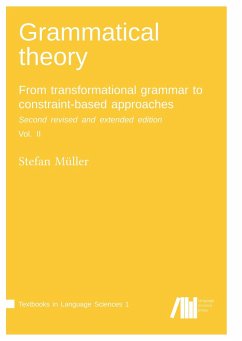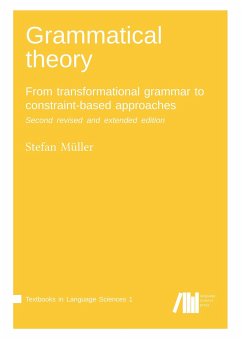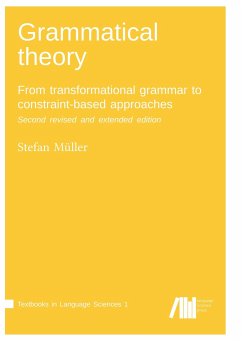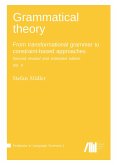This book presents an analysis of Kikamba loanwords using one of recent theories of Phonology: Optimality Theory. As a result of contact with English, Kikamba speakers modify the loanwords from the donor language. It is through the interaction of markedness and faithfulness constraints that the outputs forms - the nativized words - are realized.The book explains the strategies used by the recipient system to handle phonologically different words from English. Notably, the recipient language has open syllables and does not allow consonant clusters in the onset. In sharp contrast, English has closed syllables and allows consonant clusters in both onset and coda positions. The phonemic inventories of the two languages also differ considerably. The borrowed words are, therefore, significantly modified in order to conform to the phonotactics of Kikamba. The book will be useful to all enthusiasts of Phonology of African Languages.
Bitte wählen Sie Ihr Anliegen aus.
Rechnungen
Retourenschein anfordern
Bestellstatus
Storno

